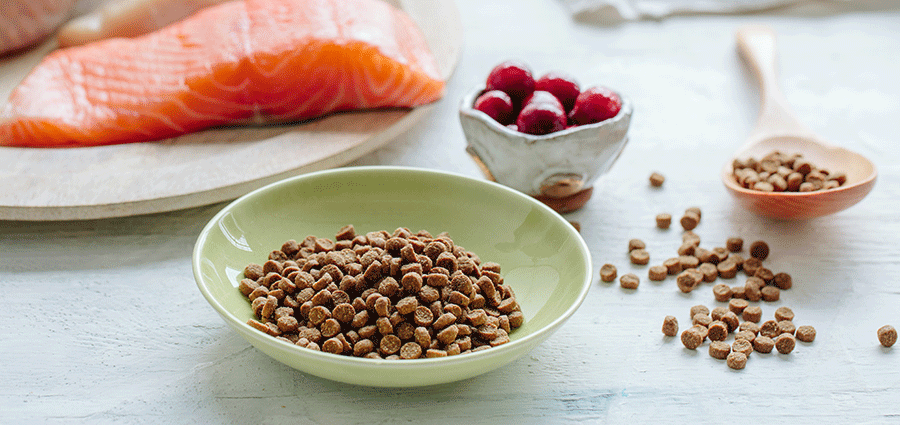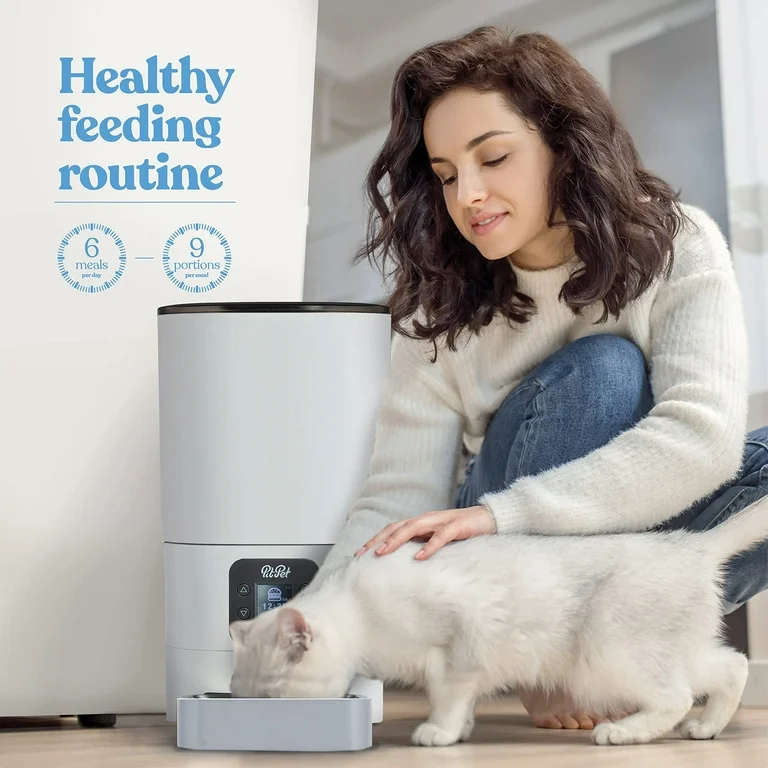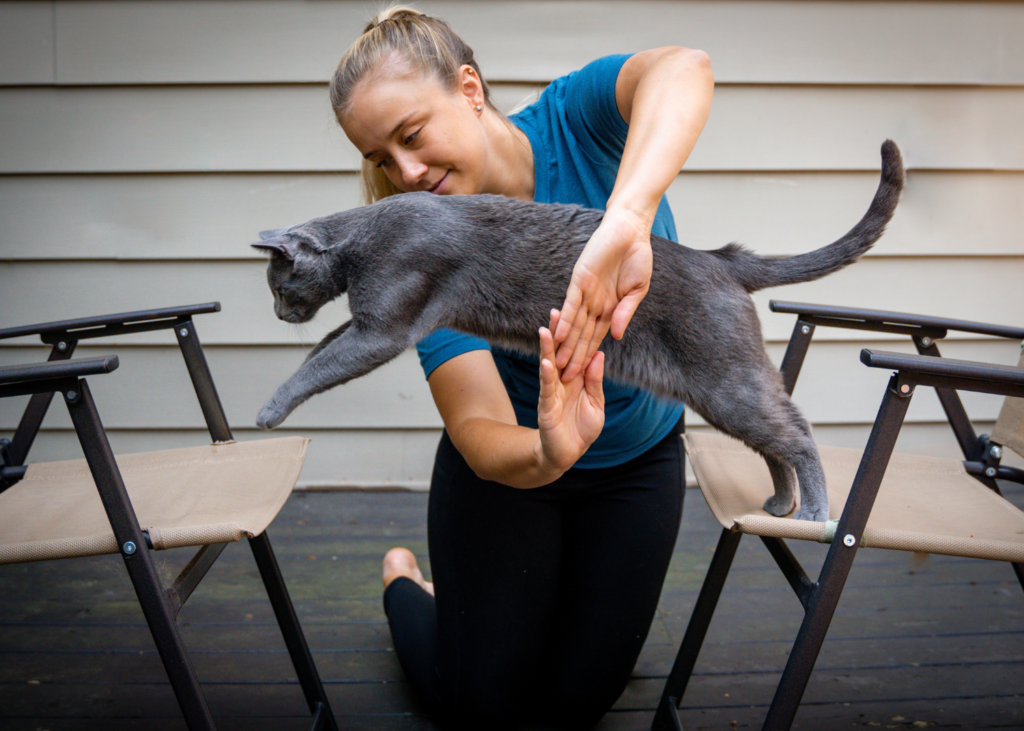
Have you noticed your cat drooling like a leaky faucet? Cats aren’t typically known for slobbering, so it can be alarming when you see your feline friend dripping saliva. Fear not! While occasional drooling can be harmless, persistent or excessive drooling often points to an underlying issue that needs attention. Let’s delve into the fascinating world of feline drooling to learn why it happens, what it means, and what you can do to help your furry friend.
Read next: Why Is My Cat Losing Weight? Causes, Solutions & What To Do Next
The Basics of Cat Drooling: Is It Normal?
First things first-yes, cats can drool, but it’s not as common as in dogs. At times, drooling may occur when your cat is extremely happy or relaxed, such as during head scratches and purring sessions. However, if your cat suddenly starts drooling more than usual, it’s time to take a closer look.
Cats generally do not drool for no reason, and their saliva can tell quite a story about their health. Some are benign, and others need immediate veterinary attention. Let us break it down further.
Common Causes of Cat Drooling
1. Dental Problems
Dental issues tend to be common in cats with unexplained drooling.
- Cavities, gum infections, or oral infections causing discomfort might lead to the excess salivation.
- Look out for symptoms such as bad breath, red or swollen gums, difficulty eating, or pawing at the mouth.
Solution: Time for a dental check-up! Routine cleaning and vet-recommended teeth chews can help maintain your cat’s pearly whites.
3. Nausea or Motion Sickness
Ever taken your cat on a car ride only to find a drool puddle in their carrier? Cats can get nauseous from motion sickness just like humans.
- Other signs of nausea include vomiting, lip-smacking, or hiding.
Solution: Speak with your vet about anti-nausea medications or strategies to make travel more comfortable for your cat.
3. Heatstroke or Stress
- Excessive drooling might signal your cat is overheated or stressed.
- Cats are sensitive animals, and anything from a visit to the vet to a particularly loud noise can set them off. Solution: Make sure your cat has a cool, safe place to retreat to.
- Provide water and watch for other signs of heatstroke, such as panting or lethargy.
4. Exposure to Toxins
Did your cat chew on a houseplant or get into cleaning supplies? Toxins can irritate the mouth or upset the stomach and cause drooling.
- This commonly includes lilies, antifreeze, or human medications.
Myriad: This is a veterinary emergency. Collect evidence of what your cat might have ingested and seek immediate attention at the clinic.
5. Foreign Object in the Mouth
Cats naturally are curious, which leads sometimes to foreign objects being caught in their mouths.
- String, bone fragments, even toy fragments.
Solution: Don’t attempt to remove anything lodged deep in their throat. Seek professional help to prevent further damage.
6. Respiratory Infections
Respiratory infections can lead to a blocked nose and sore throat, making drooling more likely.
- Symptoms include sneezing, nasal discharge, and difficulty breathing.
Solution: Infections often require antibiotics, so a vet visit is crucial.
7. Oral Tumors
Orally, masses may cause drooling-especially in older cats. Though it’s uncommon, it is one possibility.
Watch for: difficulty eating, bad breath, or visible lumps in the mouth.
Solution: This is a spot where early detection makes a huge difference. Your veterinarian may want to pursue imaging or a biopsy to determine the nature of the tumor.
When Should You Worry About Cat Drooling?
At times drooling may resolve on its own, but persistent drooling should never be overlooked. If your cat is exhibiting any of the following signs along with drooling, it’s time to call the vet:
- Loss of appetite
- Weight loss
- Blood in the saliva
- Swollen mouth or jaw
- Difficulty swallowing or chewing
What to Do If Your Cat Is Drooling
Read next: Why Is My Cat Not Eating?
Immediate Steps You Can Take
- Inspect the Mouth: Carefully examine for visible problems such as objects, redness, or swelling.
- Hydration Is Key: Make sure your cat has access to fresh, clean water.
- Keep Calm and Monitor: Stress may increase drooling, so make the environment as calm as possible.
Preventative Measures
- Regular Vet Check-Ups: Annual visits can catch dental or health issues early.
- Proper Dental Hygiene: Use cat-safe toothbrushes and toothpaste.
- Cat-Proof Your Home: Keep toxic plants, chemicals, and small objects out of reach.
Real-Life Examples: Feline Drooling Tales
Take Mia, for example-a tabby, 5-year-old cat. One day, to her owner’s dismay, she began drooling excessively. She went to the vet in due course, and it was revealed that she had a piece of string lodged under her tongue. With its prompt removal, Mia was back to her playful self in no time.
Then there’s Oliver, an older Maine Coon, whose drooling was caused by an oral tumor. Fortunately, Oliver had a good prognosis because of early detection and treatment.
These stories really drive home the point of being observant with your cat’s drooling and knowing when to seek help.
Conclusion
While it can be a bit disconcerting to see your cat drooling, it helps to know the causes and how you can act accordingly. It is always better to err on the side of caution and contact your vet in cases of persistent or unusual drooling. With proper care and attention, your feline friend will be purring and playing in no time.
Frequently Asked Questions
- Why does my cat drool when I pet them?
Some cats drool when they are very relaxed and happy. This is nonworrisome and usually coupled with very loud purring. - Can stress make my cat drool?
Yes, your cat may drool because of stress. You can make it go away by maintaining a peaceful environment and finding the causes that may be stressing your pet. - Should I clean my cat’s mouth if they drool?
You might want to clean away excess drool for the sake of skin irritation. Use a soft and damp cloth with no strong chemicals.
Want an image for this related blog? Please let me know!







